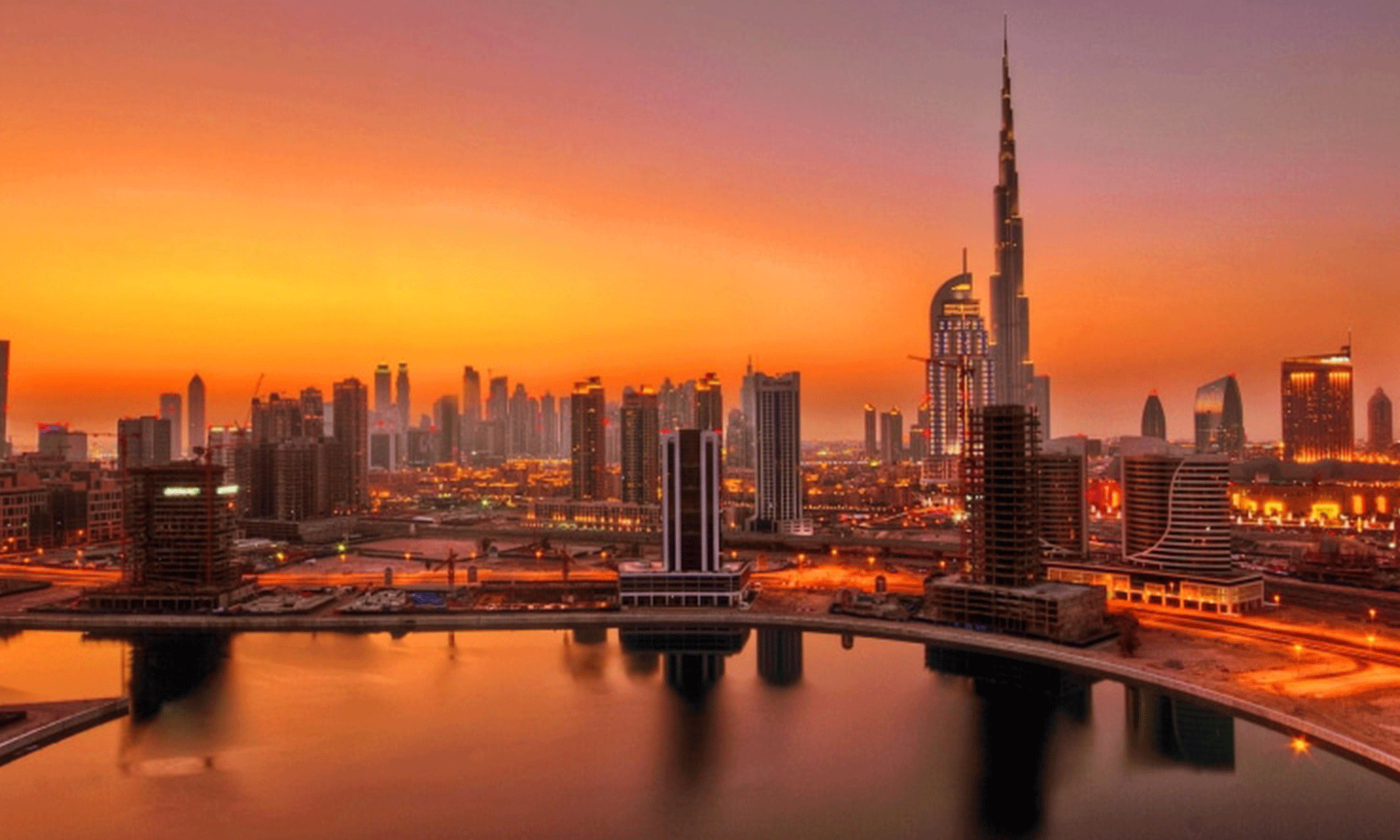The United Arab Emirates (UAE) has introduced additional conditions for investment funds to qualify for tax exemptions, as part of its implementation of the corporate tax regime that began in 2023. The Cabinet announced these new requirements to provide clarity for funds looking to optimise under the new tax system. According to the UAE Ministry of Finance (MoF), the diversity of ownership criteria for funds, excluding Real Estate Investment Trusts (REITs), will be non-binding for the first two financial years after establishment. This provision allows new funds ample time to diversify their ownership structures to comply with the requirements.
For investment funds excluding REITs, the key highlights of the new corporate tax exemption conditions are as follows: The fund should primarily be engaged in investment activities, with non-core revenue not exceeding 5% of total annual revenue. No single investor and its related parties can hold over 30% or 50% ownership interest, depending on the total number of investors. The fund must be overseen by an investment manager with at least three investment professionals, and day-to-day management cannot be controlled by investors.
For REITs, the new conditions include a minimum real estate asset value (excluding land) of AED 100 million. At least 20% of the share capital must be publicly listed or wholly owned by two or more institutional investors. The trust must maintain an average annual real estate asset percentage of at least 70%.
The new regulations aim to ensure that funds benefiting from the tax exemption meet the UAE’s policy objectives around investment activities, investor diversity, governance, and fund management. The Ministry of Finance explains that the rules provide simplicity and flexibility for funds to optimise under the new regime while maintaining the UAE’s position as a leading investment destination.
Fund managers and investors are urged to review their current fund structures and ownership patterns to identify any potential non-compliance with the updated exemption conditions. Key considerations include assessing investor diversification against the defined threshold limits, evaluating the nature and mix of activities to meet core investment business tests, and for REITs, confirming that real estate asset values and share listings meet requirements. Consideration should also be given to the review of fund governance models, including manager credentials, and developing a roadmap to meet these rules within the allowed timeframes. By aligning with these exemption conditions, funds can minimise their corporate tax liability and uphold their value proposition for investors.
Given the novelty and untested nature of these regulations, a professional advisory is crucial for funds seeking to optimise their tax positions. IMC Group, a corporate tax advisory in Dubai, can help funds and investors interpret the new rules, identify areas for alignment, and develop clear strategies to meet compliance obligations while benefiting from exemptions. If you need more information and guidance on implementing robust corporate tax frameworks under the UAE’s new regime, contact IMC today.





























